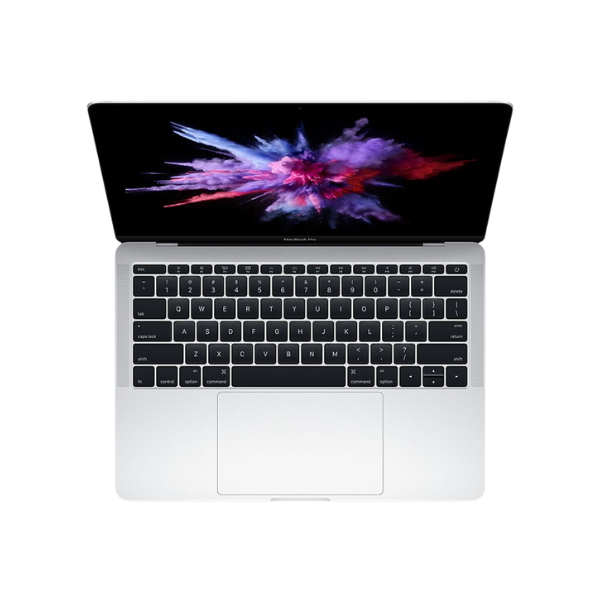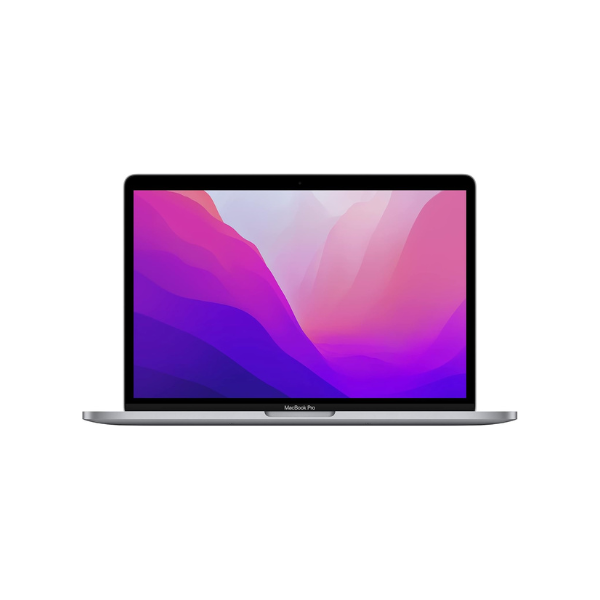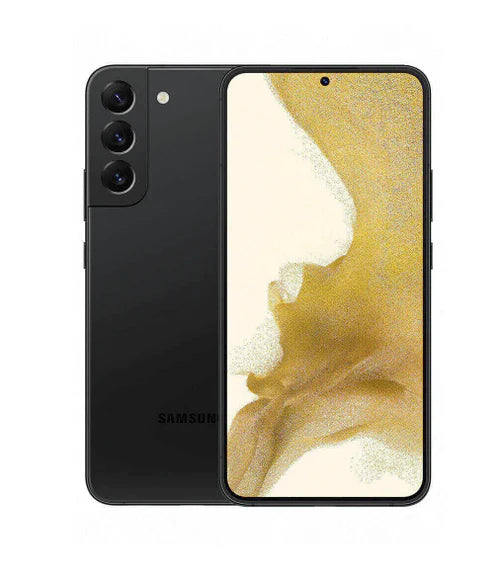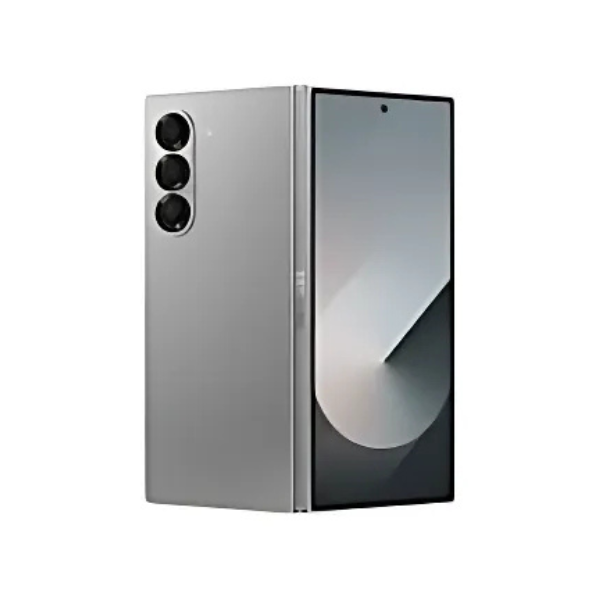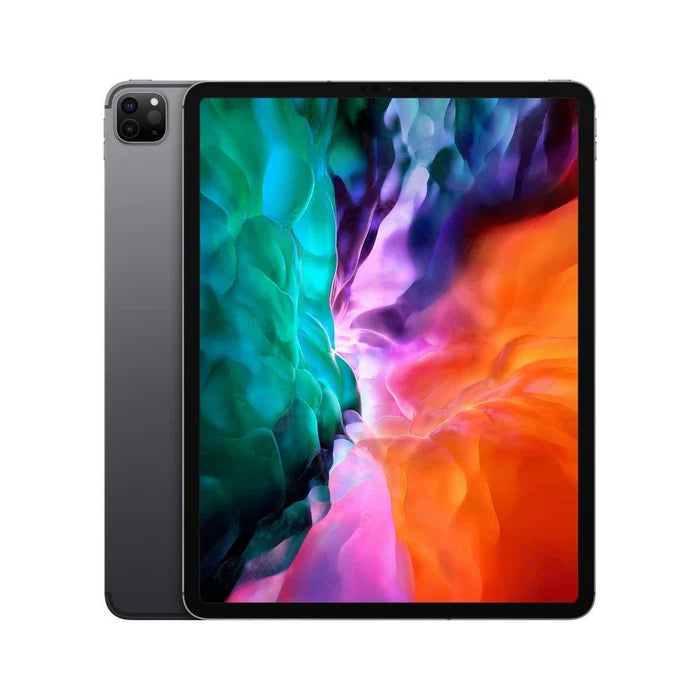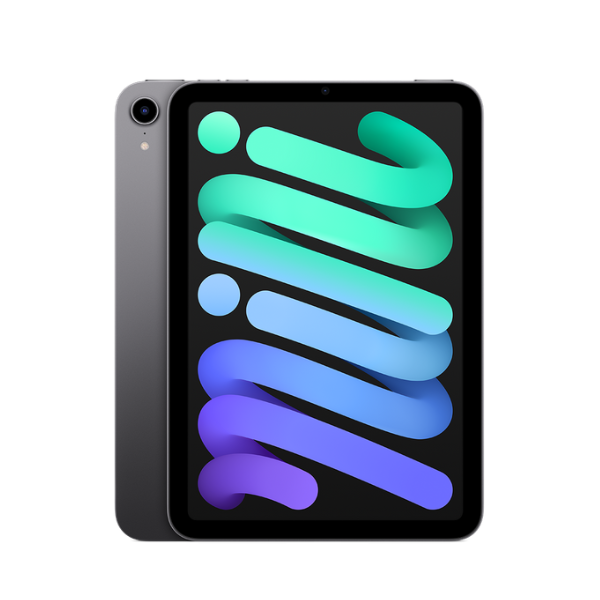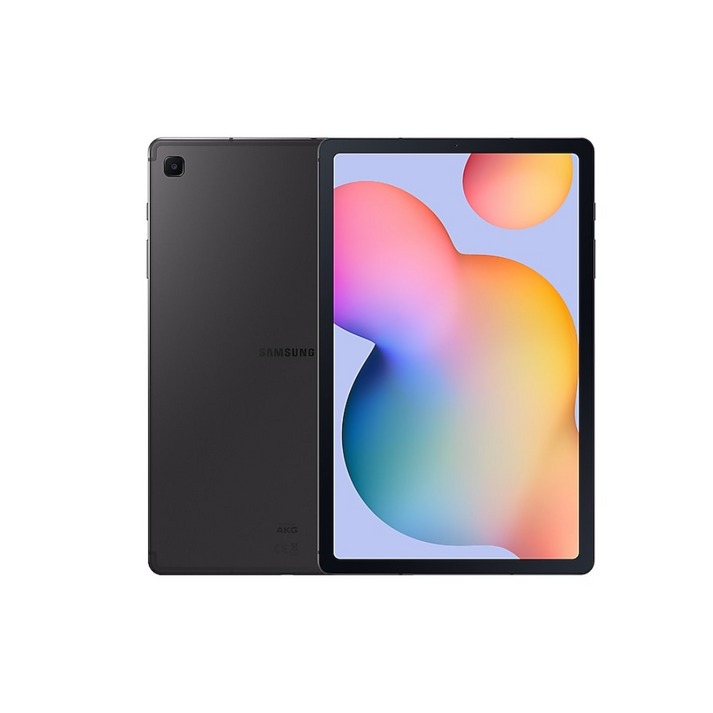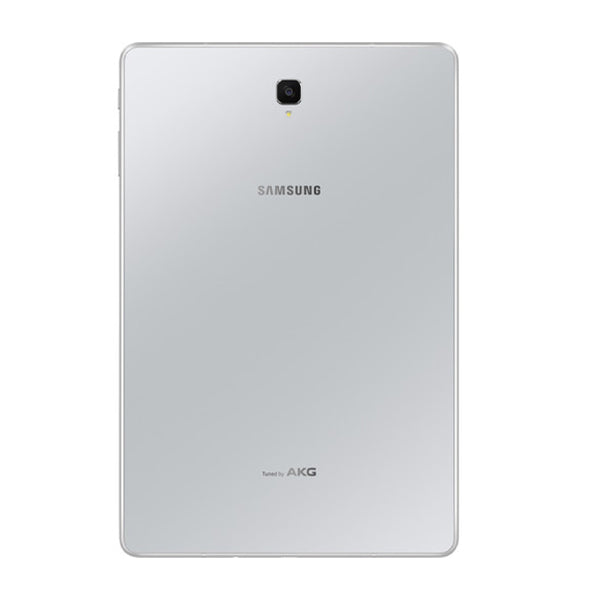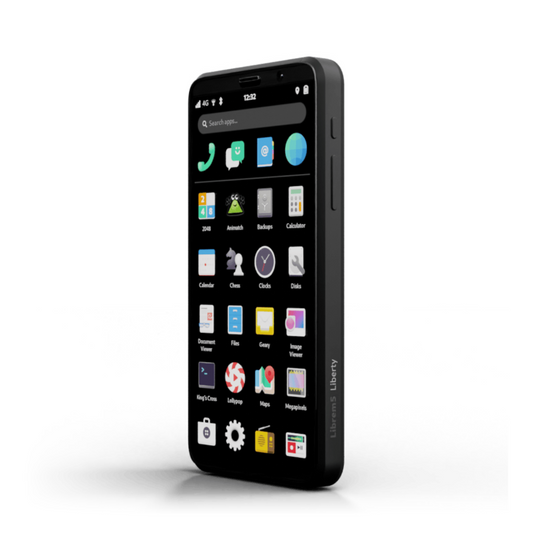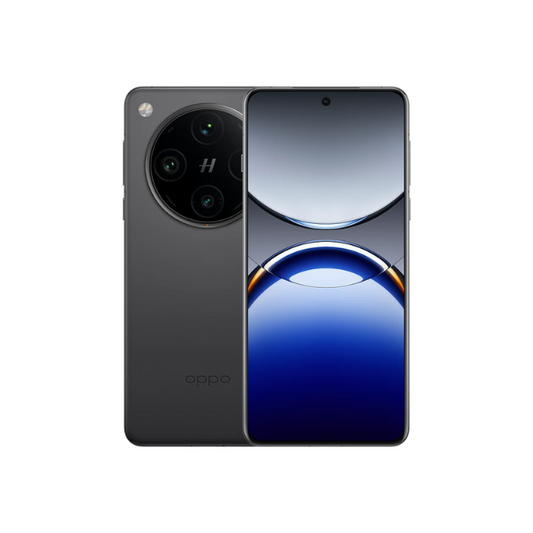iPhones are considered secure devices in the present world. However, due to the increase in cyber cases, one can also feel the problem of malware threats on iPhones. Although not familiar, different types of malware can be witnessed. In this article, you will learn how you can check if your iPhone has a virus and get guidelines on handling them on an iPhone.
Signs Your iPhone May Have a Virus
iPhones are not typically prone to viruses, but other types of malware can target them. Changes in behavior or apps previously unknown on the device can primarily raise suspicions.
Warning Signs to Watch For
- Adware Pop-ups: Repeated advertising outside ordinary web surfing.
- Frequent App Crashing: Crashes occurred more frequently than usual, meaning that apps would close without warning.
- Increased Data Usage: It also helps to notice sudden increases in the data that may be evidence of background malware activity.
- Unfamiliar Apps: There are applications you did not consciously install on your phone but found automatically on your smartphone.
- Battery Draining Faster: Malware using unnecessary energy.
Ways to Check if Your iPhone Has a Virus
Do you believe that your iPhones cannot be infected by viruses? Think again. Despite Apple’s claim to provide more secure devices than competitors, iPhones are not invulnerable to malware. Knowing how to identify them ensures the device's safety. In the following sections, we will explain more about checking for the presence of viruses on the iPhone and how you can make your iPhone run faster.
1) Checking for Unfamiliar Apps
The first step in virus detection is identifying apps you need help explaining how they got on your device. New and unknown applications may indicate the presence of a virus. Check the following apps on the Apple App Store to confirm their credibility. If you have an app that is not approved, you must delete it. You can do this by tapping on it and pressing "remove app."

2) Reviewing Data Usage
An abnormal increase in data usage may indicate a malware infection. Another way to find out is to check your iPhone data usage report and see if there are any strange occurrences. Unexplainable high data usage may be a sign of infection or virus.
3) Monitoring Power Consumption
Some of the causes of battery drain include viruses running your device. Numerous conditions or factors influence power usage; hence, if your battery performance has deteriorated considerably, it may be due to a virus. You should also consult your device’s power settings to see if any issues exist.
4) Assessing Device Performance
Poor device performance, such as slow processing or the frequent app freezing, maybe a result of malware. A virus is a malicious program that can reduce the rate at which your phone works. Try updating your iOS to check if the problem still exists. If so, more research needs to be carried out.
5) Looking Out for Pop-Ups
For instance, pop-ups and very fake virus alerts are some malware symptoms. If your device starts experiencing more pop-ups, it will likely be infected with adware. Try installing a virus removal tool to solve the problem.
6) Checking for Jailbreaking
Because an iPhone is jailbroken, it is more vulnerable to viruses. They may also download apps like Cydia, which are a symptom of jailbreaking. If you think your phone is hacked, format it after copying essential files to another device. You can use mobile antivirus tools like Norton 360 Deluxe to get the solution. This will enable the identification and removal of malware and provide a strong defense against current threats.
Check Out: How to Change the Name of Your iPhone: A Step-by-Step Guide
Helpful Tips to Remove Viruses from Your iPhone
Follow these useful tips to remove virus from your device:
1) Clear Your Browser History and Data:
To clear your history, go to Settings, select Safari, and tap on ‘Clear History and Website Data’.

2) Restart Your Phone:
Switch off your phone, hold the power button, and switch it on again after a few seconds.

3) Update iOS:
First, launch Settings, then go to General, and then Software Update. If any updates are available, update the system.
4) Factory Reset and Restore from a Previous Backup:
Go to the settings, tap General, tap reset, and select the option that says “Erase All Content and Settings.” Factory reset your iPhone and update it from a backup before the issue starts.

5) Install a Security App:
Protect yourself and stay safe with apps like AVG Mobile Security to spot and block threats.

Check Out: How to Recover Deleted Messages on iPhone: Easy Step-by-Step Guide
Can iPhones Get Viruses?
Good news for Apple fans: phones are not easily affected by viruses, but it does not mean it cannot happen. Some users have been victims of spyware, for instance, through text messages such as Pegasus or adware like AdThief. In general, the iPhones remain safe if you adhere to what Apple has put in place.
Nevertheless, the process of jailbreaking the iPhones increases their risk. Jailbreaking is a process of unlocking the iPhone interface, which is developed by Apple, to allow the user to install other applications that are not permitted by Apple to be installed. Apple discourages jailbreaking and continuously releases updates to the iPhone that plug up security breaches.
Jailbreaking is a process by which one can modify the phone, uninstall the built-in applications, and download other applications not from the App Store. This sounds great, but it has a flip side: hackers can also install damaging apps. However, the question, ‘Can iPhones get viruses?’ is usually no, but if you jailbreak your phone, the answer is yes.
Why Are iPhone Viruses So Rare?
There are a few reasons why iPhones rarely get viruses. Viruses are harmful programs that can spread and damage or steal data. For a virus to spread, it must interact with different programs on the device. Apple's system (iOS) prevents this by keeping each app in its own space, making it hard for viruses to move from one app to another.
Additionally, all apps on an iPhone must come from the App Store, which carefully checks apps before they are available for download. This strict process reduces the chance of malware on iPhones, making viruses uncommon.

Check Out: How to Scan Documents on iPhone: Easy and Simple Steps
Get Quality Tech Devices from Roobotech at a Low Cost
Tech devices like iPhones and Android phones can be found at Roobotech if you want quality products. They provide restored devices that are in good shape so that you will receive the device you require while paying a low price.
Why Choose Refurbished?
Refurbished products have been through a rigorous check and returned to working condition like brand-new ones. This means that you can get reliable performance at a fraction of the cost that you would otherwise have to pay for a new one. That is why at Roobotech, every device is checked and approved, so you can be sure that you are getting a quality product.
Benefits of Roobotech
- Cost Savings: Get high-quality devices at affordable prices.
- Quality Assurance: Every phone is tested and approved to work at its best.
- Variety: Select from a large number of brands and models available.
No matter whether one wants an iPhone or an Android phone, buying a refurbished one from Roobotech is a smart thing to do.
Conclusion
Therefore, since iPhones are entirely secure devices and do not often contract viruses, it is still much more efficient to be ready for the worst-case scenario. Luckily, several measures can help prevent one from being affected by such threats. Some things that are done to maintain the phone include monitoring the phone's data usage, monitoring the application performance, and safe browsing, among others. The only way to be free from the worry of the device is to be very careful when using it.
Frequently Asked Questions
Can iPhones get viruses?
Although viruses are not common on iPhones, Malware like spyware or adware can damage your device.
Does Apple send virus alerts?
No, Apple does not send virus warnings. Sometimes, the messages that the user receives from Apple can be fake and may be a form of scam.
How do viruses affect iPhones?
It is evident that viruses can lead to overheating, high data use, fast battery consumption, and app hangings. Although single occurrences of these issues may not be uncommon, malware will generate several problems simultaneously.
What Can You Do to Remove iPhone Virus?
Reset your phone, update your iOS, and delete cookies, history, and cache. If the problem continues, you may have to restore the phone from a previous backup or do a factory reset, and it’s always advised to back up data before doing this.



